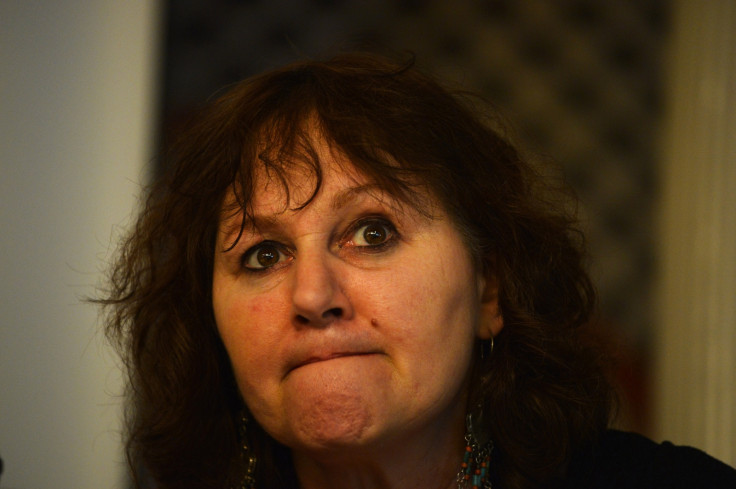India's Daughter: Banning the Delhi rape documentary only reinforces the need for change

On 16 December 2012, a 23-year-old Indian student boarded a bus after she had been to see a film - the Life of Pi - with a male friend. On the off-duty bus were six men – five adults and a juvenile. The woman, a physiotherapy intern, was raped by each man before being savagely penetrated with a rusting iron rod. After the attack, she was thrown out of the bus and left by the roadside. She died of internal injuries two weeks later.
Over two years on, a controversial documentary disclosing the details of the rape has been aired by the BBC in the UK. When one of the rapists said the woman was responsible for what happened to her, the world was left in shock. But, in India, a country of 1.2 billion people in which a rape is committed every 22 minutes on average, the film has been banned. Some legislators questioned how filmmaker Leslee Udwin got into the prison to do the interview; the majority were uncomfortable with having India's problems aired publicly by a foreign director.
The rapist who said the victim was responsible for her rape, who now sits on death row, was merely reiterating what community and religious leaders have been saying all along. "A decent girl won't roam around at 9 o'clock at night. A girl is far more responsible for rape than a boy," Mukesh Singh told Udwin.
"When being raped, she shouldn't fight back," he added. "She should just be silent and allow the rape. Then they'd have dropped off after 'doing her' and only hit the boy." As details of his crimes were read out to him, Singh showed little remorse.
The documentary is hard to watch, but what is considerably more difficult to comprehend is the extent of violence against women and girls in India. In the film, one man recounts how he had raped a five-year-old girl, muffling her screams with his hand. When asked how he could carry out such a crime, he answers with little hesitation: "She was a beggar girl. Her life was of no value." Banning the documentary adds to the already overwhelming problem of gender discrimination. The silencing of such horrific truths by Delhi authorities will do nothing to alter the deep-rooted cultural attitudes towards women.
Yet, authorities aside, women in India are all too aware of the danger they face on a daily basis. As news of the attack unfolded, public protests took place across India against the country's treatment of women: thousands of female demonstrators clashed police in New Delhi, over 600 women protested in Bangalore and thousands more marched silently in Kolkata. Facebook, Twitter and WhatsApp users all over the world replaced their profile pictures with a black dot, in solidarity with the chilling murder of India's Daughter. But despite a tightening of India's anti-rape laws and stricter legislation on sexual harassment, not much has changed since then.
Promises of greater protection of Indian women have been made and upheld – but only on paper. In reality, new laws have done nothing to abolish deep-rooted bias and discrimination against women. The legal framework has sprinted ahead of social consciousness on women's rights, and if anything, the formal protections have intensified gender bias.
Incidents of rape have increased tenfold in the last 40 years, according to statistics from the National Crime Record Bureau. From 1971 to 2012, recorded cases soared from under 2,500 to over 25,000 – without including the estimated 90% of cases not reported to the police. More often than not, the families of victims – and police – encourage victims to keep quiet for fear of shame, while those who do report their attacks are derided.
After the 2012 rape, the government created fast-track courts in Delhi to deal with rapes. Yet they are overflowing with cases and trials remain achingly slow. More significantly, improvements in legislation are only viable if the culture of tolerance is eliminated – which required changing the priorities and attitudes of authorities and law enforcers. The public is demanding changes in attitudes towards women, and the authorities would do well to take heed of their demands.
© Copyright IBTimes 2025. All rights reserved.






















